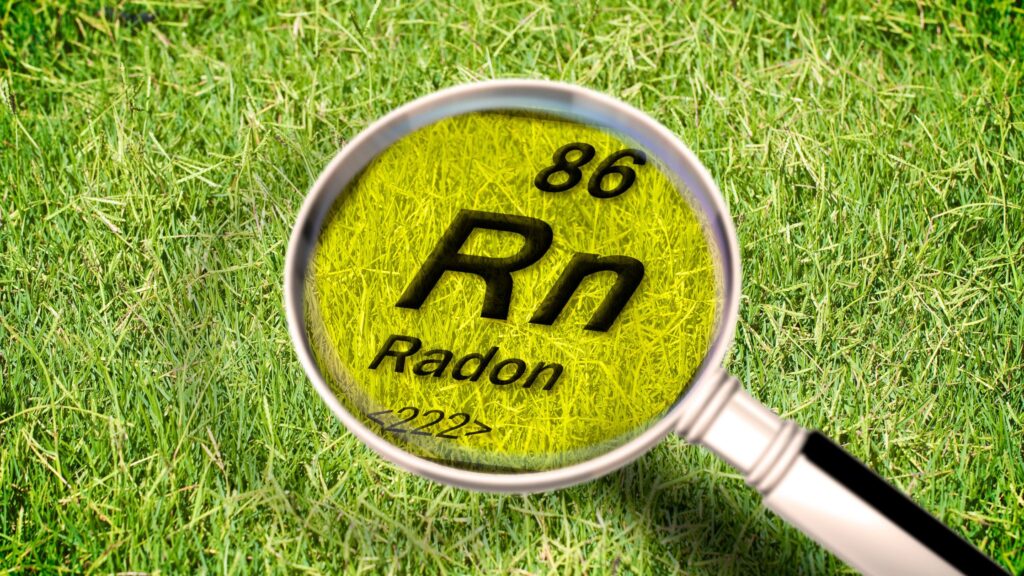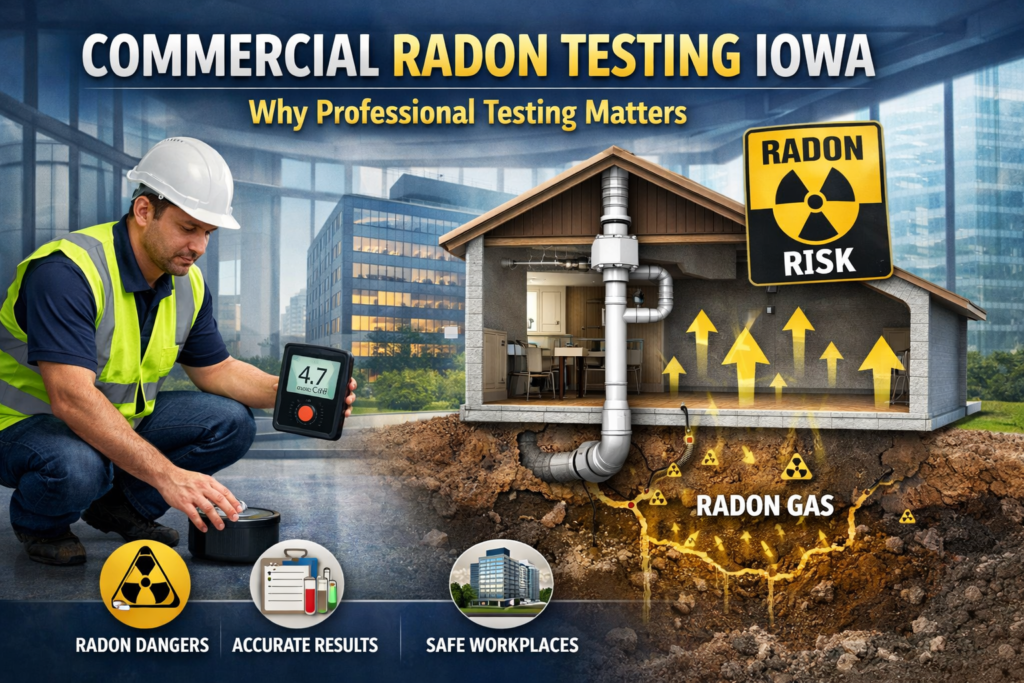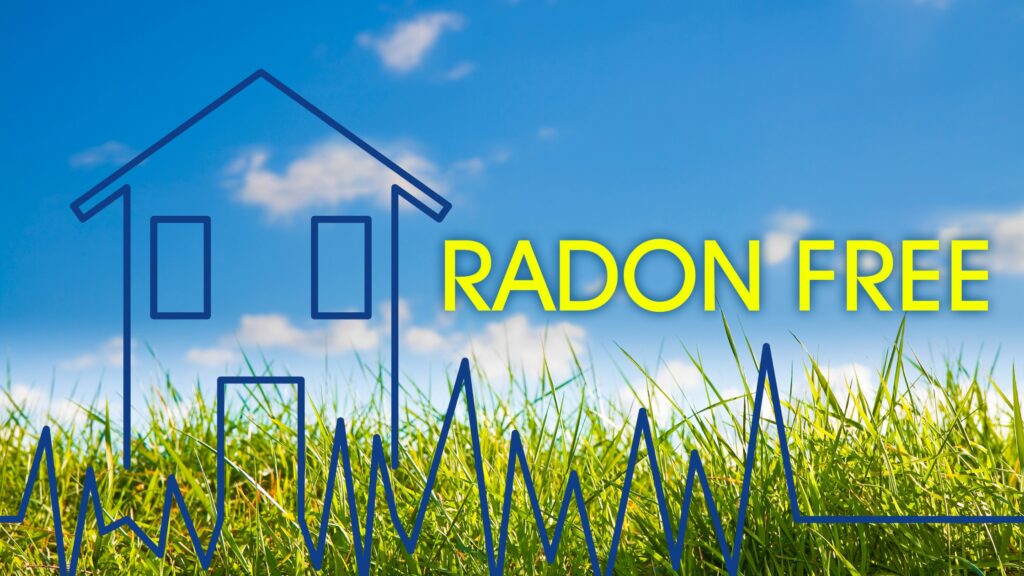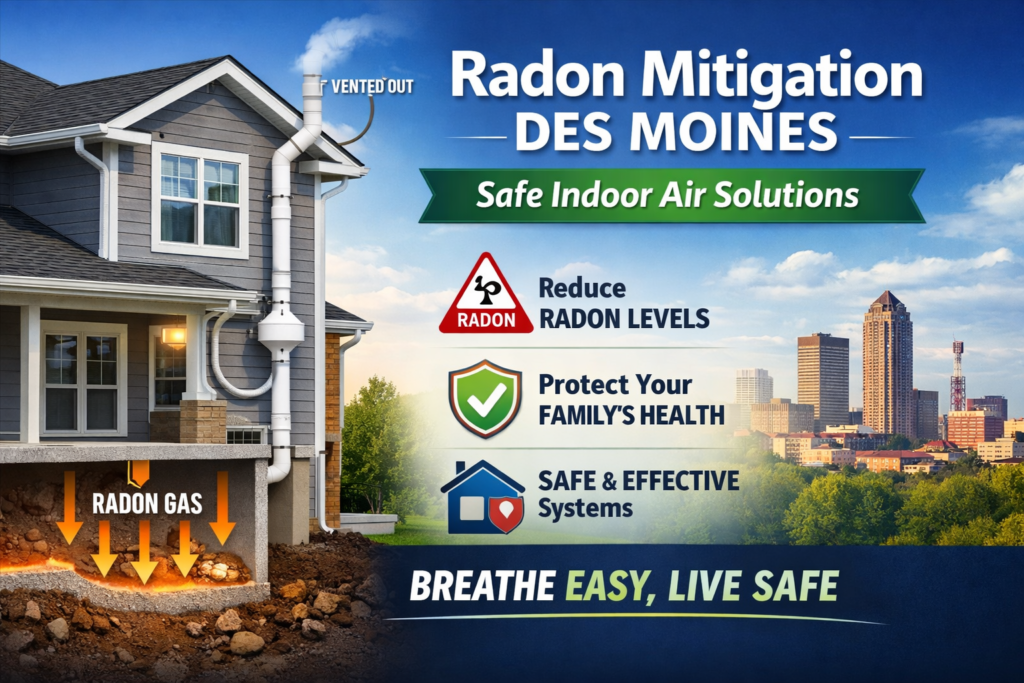Radon is a naturally occurring radioactive gas that forms when uranium in soil, rock, and groundwater breaks down. Since it has no color, smell, or taste, you cannot detect it without a proper radon test. Once it seeps into a home, it can build up to unsafe levels and put your family’s health at risk. In fact, long-term radon exposure is the second leading cause of lung cancer in the United States, making it a serious issue for homeowners.
The most reliable way to protect your home is by installing a radon reduction system. In this guide, you’ll learn what radon is, why it’s dangerous, how reduction systems work, and why hiring professionals ensures long-term protection for your home.
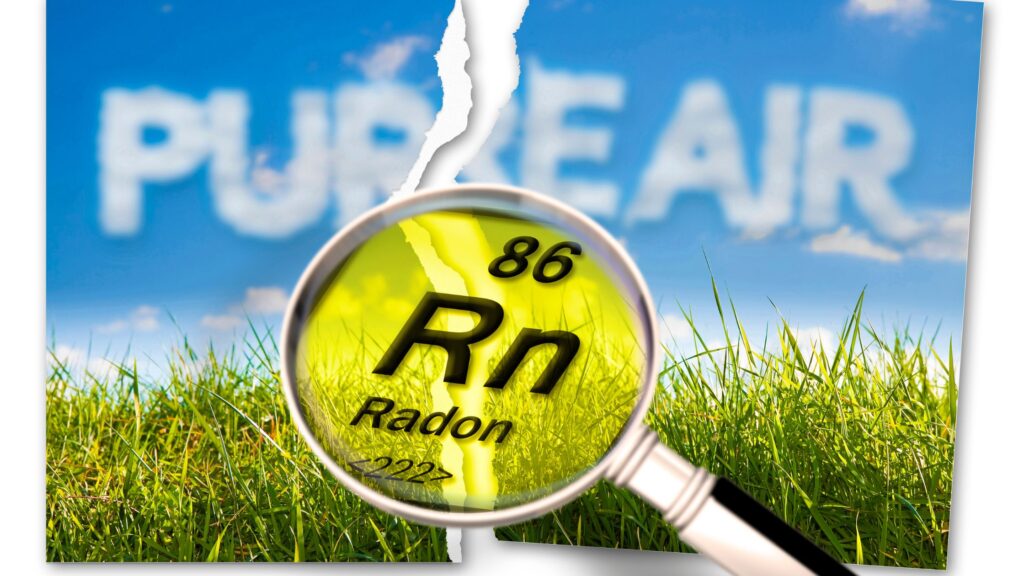
Understanding Radon and Its Dangers
Radon gas naturally moves through the soil and can easily enter homes through small cracks in concrete floors, gaps around plumbing, or poorly sealed joints. Once inside, it gets trapped and often builds up in basements and lower levels where ventilation is limited.
According to the Environmental Protection Agency (EPA), radon exposure is responsible for about 21,000 lung cancer deaths each year in the U.S.. The danger is even higher for people who smoke and live in homes with elevated radon levels. Because radon varies from one house to another—even within the same street—the only reliable way to know your risk is through professional testing.
If a test shows high levels of radon, taking action is critical. Installing a radon reduction system not only lowers harmful gas exposure but also protects your family’s health in the long run. Learn more about Radon Removal Services Near You.
What Is a Radon Reduction System?
A radon reduction system is a type of ventilation system designed to lower dangerous radon levels inside homes and buildings. It works by:
- Pulling radon gas from beneath the foundation
- Blocking it from leaking into living spaces
- Venting it safely above the roofline, where it disperses harmlessly into the air
There are two main types of systems: active and passive. Active systems use a fan to constantly draw radon out of the soil, making them more reliable for homes with high levels. Passive systems, on the other hand, rely only on natural airflow and are usually less effective. Because active systems deliver stronger and more consistent protection, professionals typically recommend them after radon testing confirms elevated levels.
Types of Radon Reduction Systems
Every home is built differently, so the right mitigation method depends on the foundation, soil type, and the level of radon present. Professionals evaluate these factors before recommending the most effective radon reduction system.
I. Active Sub-Slab Depressurization (ASD)
ASD is the most common and dependable method. Technicians drill a suction point beneath the foundation—often in the basement—and install a fan that pulls radon gas through PVC piping. The system then vents the gas above the roofline, ensuring it never enters living areas.
II. Sub-Membrane Depressurization
For crawl spaces, experts use this approach. They seal the exposed soil with a heavy-duty plastic membrane and set up a venting system underneath. A fan continuously removes radon from beneath the barrier and vents it outside, keeping the space safe and sealed.
III. Drain Tile Depressurization
Homes with existing drain tile or perforated pipe systems can use this method effectively. A pipe connects to the drain tile, and a fan pulls radon directly from the soil. This approach is efficient because it uses infrastructure that is already in place.
IV. Exterior Radon Mitigation Systems
When interior installation is not possible, contractors install exterior systems. A fan and pipe system mounted on the outside of the home pulls radon gas out and vents it safely above the roofline. Although these systems work well, they may slightly affect the home’s exterior appearance compared to indoor options.
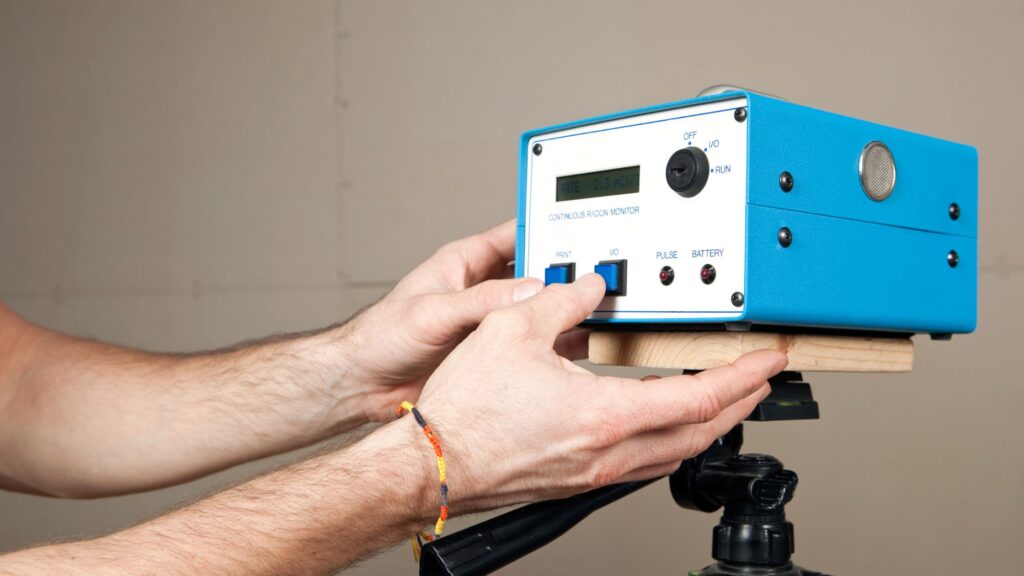
Key Benefits of Installing a Radon Reduction System
Installing a radon reduction system offers homeowners several valuable benefits:
A. Health Protection
A radon reduction system lowers radon levels inside your home, cutting down the risk of lung cancer. By keeping harmful gases out, it protects everyone in the household, from children to older adults.
B. Cleaner Indoor Air
Along with radon, these systems also help remove other soil gases that may enter through the foundation. This improves indoor air quality and makes your living environment healthier.
C. Increased Property Value
Homes with a professionally installed system often appeal more to buyers. Having proof that your home is radon-safe builds trust and can make your property stand out in the market.
D. Peace of Mind
Knowing your family is protected from an invisible but dangerous gas provides reassurance. A mitigation system lets you feel safe in your home without constant worry.
E. Long-Term Protection
Once installed, a radon reduction system runs continuously with little maintenance. It offers reliable, long-lasting safety for years, making it a smart investment for any home.
Why Choose DSM Radon for Mitigation Services
Radon mitigation takes skill, planning, and professional installation to do it right. DSM Radon provides customized solutions for both residential and commercial properties throughout the Des Moines area.
Their certified specialists carefully evaluate each property and choose the best strategy to bring radon levels down. They design and install reliable radon reduction systems that meet EPA guidelines and deliver lasting protection.
Beyond air mitigation, DSM Radon also offers waterborne radon treatment and advanced air purification options. With these services combined, homeowners receive complete protection against radon exposure in every form.
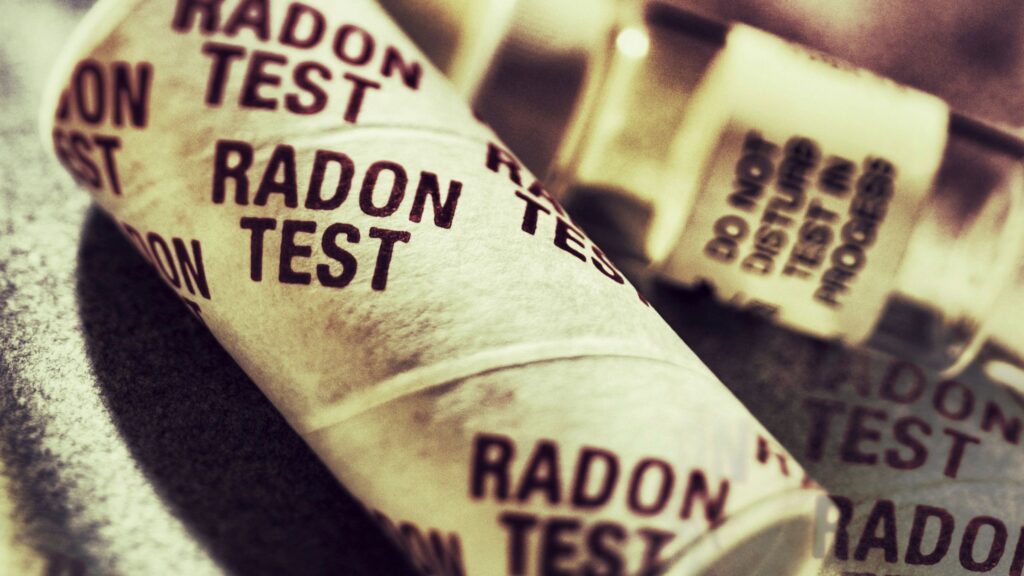
Conclusion
Every home can be at risk for radon, but taking the right steps makes a big difference. Installing a radon reduction system gives your family cleaner air, lowers the risk of lung cancer, and provides peace of mind for the future. With professional installation, you can trust that the system will work effectively and deliver lasting results.For reliable radon testing and mitigation in the Des Moines area, reach out to DSM Radon. Their experienced team offers safe, customized solutions to keep your home protected and radon-free.

